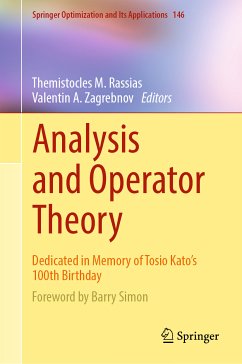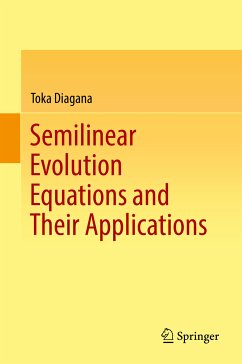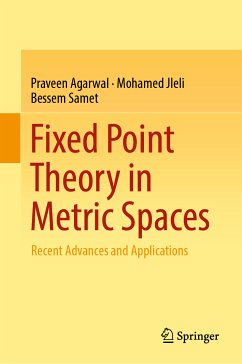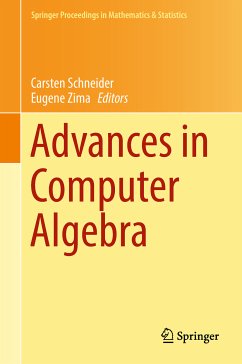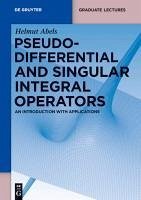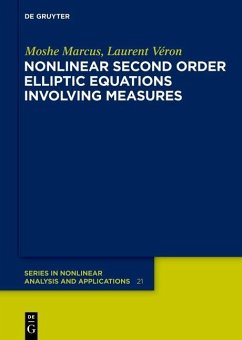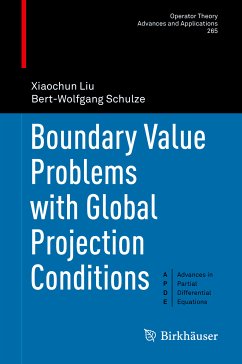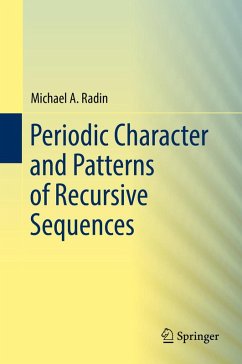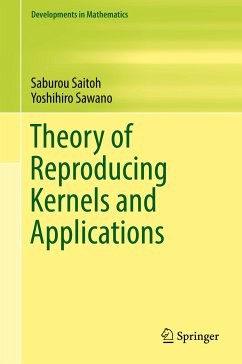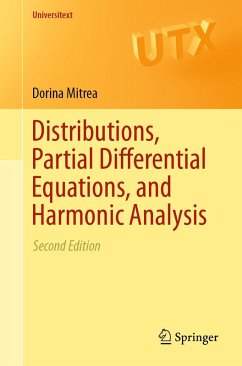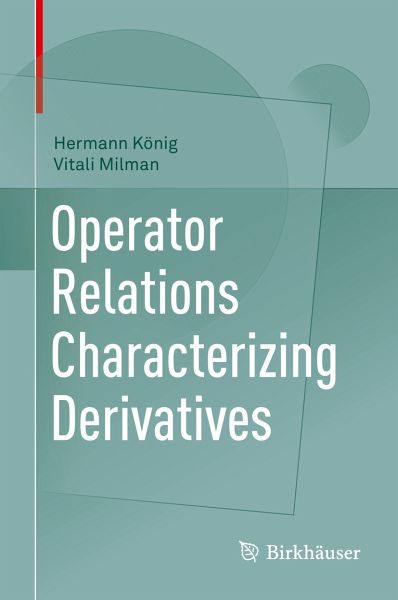
Operator Relations Characterizing Derivatives (eBook, PDF)
Versandkostenfrei!
Sofort per Download lieferbar
40,95 €
inkl. MwSt.
Weitere Ausgaben:

PAYBACK Punkte
20 °P sammeln!
This monograph develops an operator viewpoint for functional equations in classical function spaces of analysis, thus filling a void in the mathematical literature. Major constructions or operations in analysis are often characterized by some elementary properties, relations or equations which they satisfy. The authors present recent results on the problem to what extent the derivative is characterized by equations such as the Leibniz rule or the Chain rule operator equation in Ck-spaces. By localization, these operator equations turn into specific functional equations which the authors then s...
This monograph develops an operator viewpoint for functional equations in classical function spaces of analysis, thus filling a void in the mathematical literature. Major constructions or operations in analysis are often characterized by some elementary properties, relations or equations which they satisfy. The authors present recent results on the problem to what extent the derivative is characterized by equations such as the Leibniz rule or the Chain rule operator equation in Ck-spaces. By localization, these operator equations turn into specific functional equations which the authors then solve. The second derivative, Sturm-Liouville operators and the Laplacian motivate the study of certain "second-order" operator equations. Additionally, the authors determine the general solution of these operator equations under weak assumptions of non-degeneration. In their approach, operators are not required to be linear, and the authors also try to avoid continuity conditions. TheLeibniz rule, the Chain rule and its extensions turn out to be stable under perturbations and relaxations of assumptions on the form of the operators. The results yield an algebraic understanding of first- and second-order differential operators. Because the authors have chosen to characterize the derivative by algebraic relations, the rich operator-type structure behind the fundamental notion of the derivative and its relatives in analysis is discovered and explored.
The book does not require any specific knowledge of functional equations. All needed results are presented and proven and the book is addressed to a general mathematical audience.
The book does not require any specific knowledge of functional equations. All needed results are presented and proven and the book is addressed to a general mathematical audience.
Dieser Download kann aus rechtlichen Gründen nur mit Rechnungsadresse in A, B, BG, CY, CZ, D, DK, EW, E, FIN, F, GR, HR, H, IRL, I, LT, L, LR, M, NL, PL, P, R, S, SLO, SK ausgeliefert werden.



